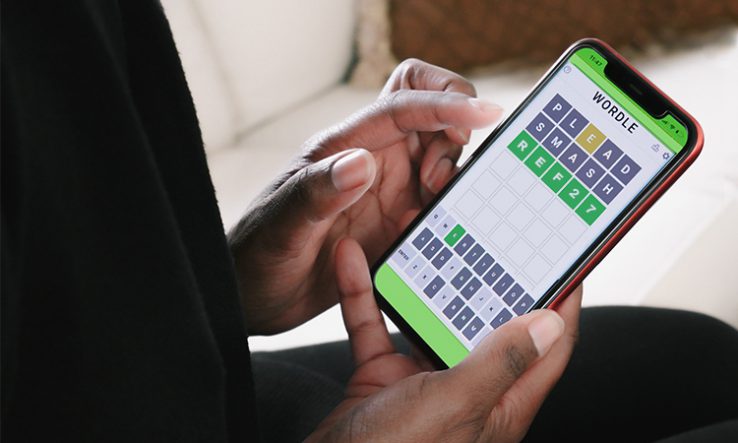
Did you spot our April Fool: REF assesses whether academics have “commonality” with wider population?
Research England is to overhaul its definition of “impact” using metrics that it believes will make academics more relatable to the general public.
From the next Research Excellence Framework, researchers will be judged not only on how their work has affected change outside academia, but also the level of their performance on popular games such as Wordle, and its spinoffs Heardle, Nerdle and Worldle.
It is hoped that the move will demonstrate that, just like the rest of the country, academics dedicate much of their time solving inconsequential puzzles on their phones instead of getting on with what they really ought to be doing.
Particular value will be placed on researchers with a 100 per cent Wordle score, while those with a winning run of 100 or more will also be rated five-star.
A spokesperson for Research England said the overhaul would “ensure that academics are seen as having something in common with the rest of the population—which of course is not really the case”.
“By creating this false sense of commonality, we believe that academics’ work will be far more appealing to a wider audience, and will thus ensure that research has more of an impact on people’s daily lives,” the spokesperson added.
Rumours that Researchfish has been tasked with developing the final version of the new metric are unfounded, Research Professional News understands.
A consultation on the proposals will be launched today, 1 April, and is due to run until this afternoon.